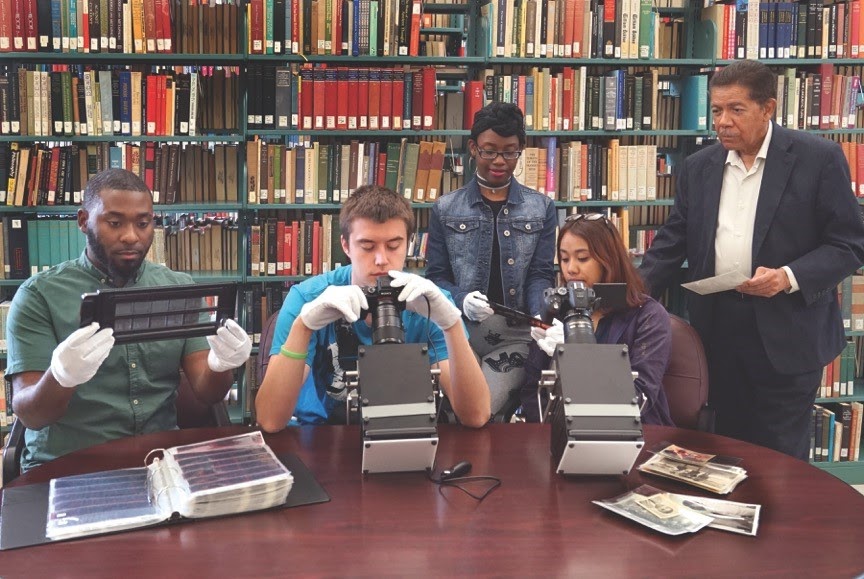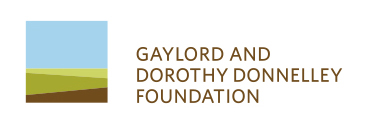
A Revised Collections Strategy for the Next Decade
We believe that having easy and engaging access to significant collections is vital for historians, curators, artists and the general public alike. Collections of art, artifacts, letters, photographs, manuscripts and maps help us understand who we are and how the places where we live came to be. The information harbored in collections can be important, too, for guiding future decisions about culture and place.
For this reason, we launched a collections grantmaking program in 2005. Since then, we’ve supported nearly 150 collections projects, totaling more than $6 million. The projects were geared toward curating and increasing public access to collections focused on the Chicago Region and the Lowcountry of South Carolina.
Over the course of the past decade, the collections field has evolved and we’ve learned a few things that suggested it was time to make some refinements. Increased public access to regionally-focused collections remains the bedrock of our strategy. But to make the most of our limited funding resources, we are focusing our collections grantmaking within three areas:
- At-risk collections. Through neglect, lack of resources or the volatile nature of certain materials, some collections are at risk of disappearing forever. We provide support to organizations to identify and rescue such collections with future public access in mind.
- Digitization. Uploading digitized images to the Internet remains a key tool for increasing public access. To help increase the capacity of organizations to undertake this important work long-term, we will offer challenge grants for digitization projects that also build a broader base of funding support.
- Creative Interpretation. Once collections are stable and conventionally accessible – what then? We provide planning grants for organizations to work with artists and other creatives to explore cutting edge approaches to public access and interpretation.
History and culture aren’t static. Neither is the collections field. Neither is our approach to helping organizations be forward-looking stewards of our irreplaceable historic and cultural treasures.


Sorry, the comment form is closed at this time.